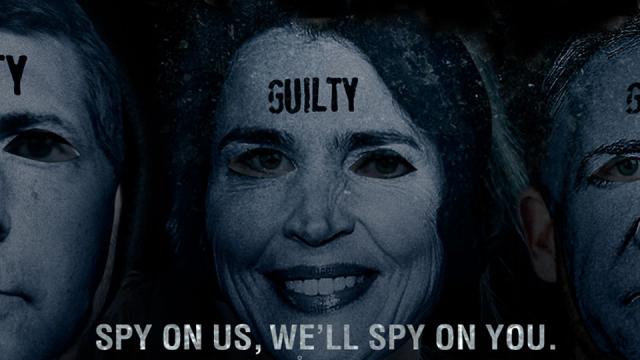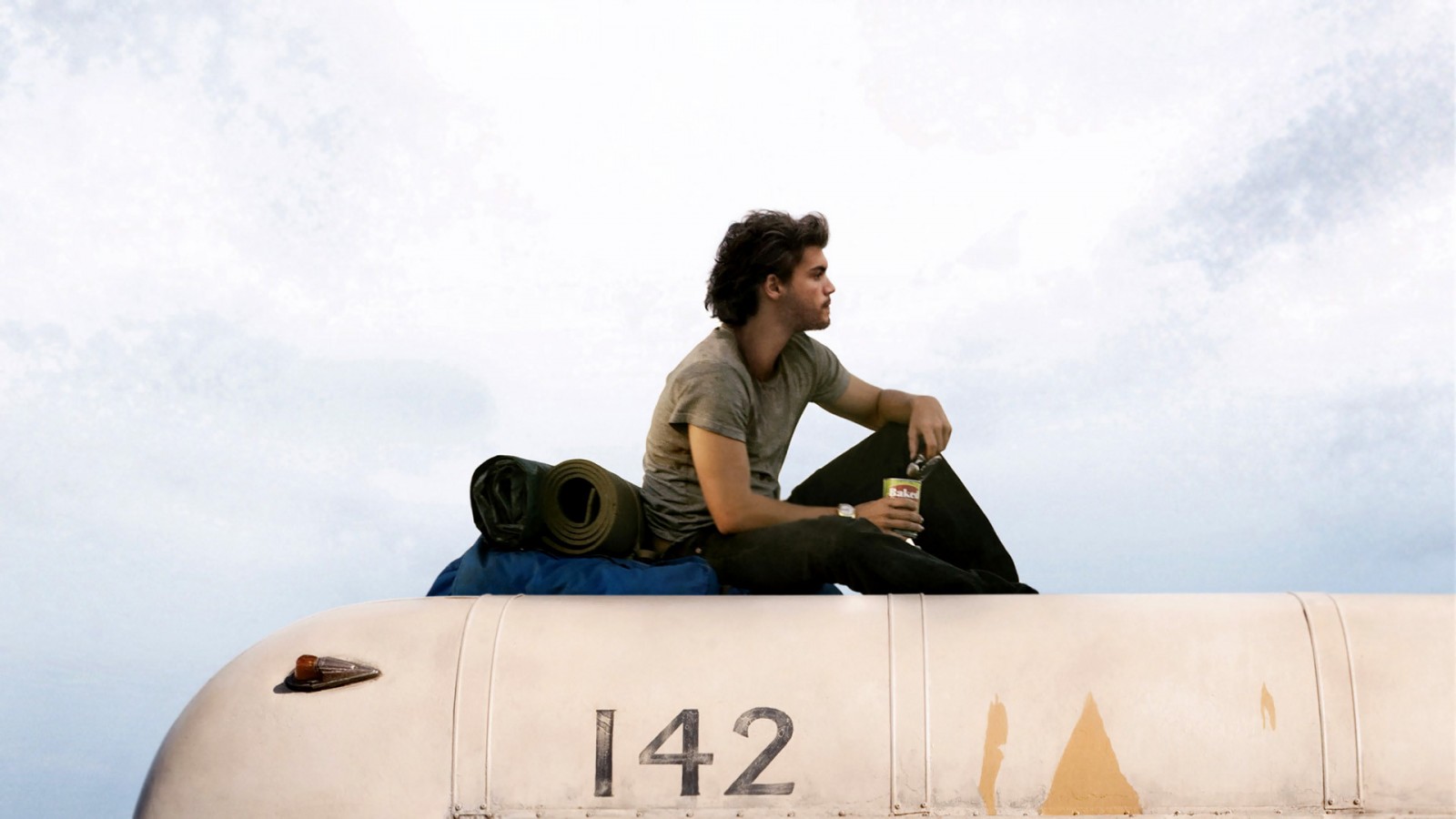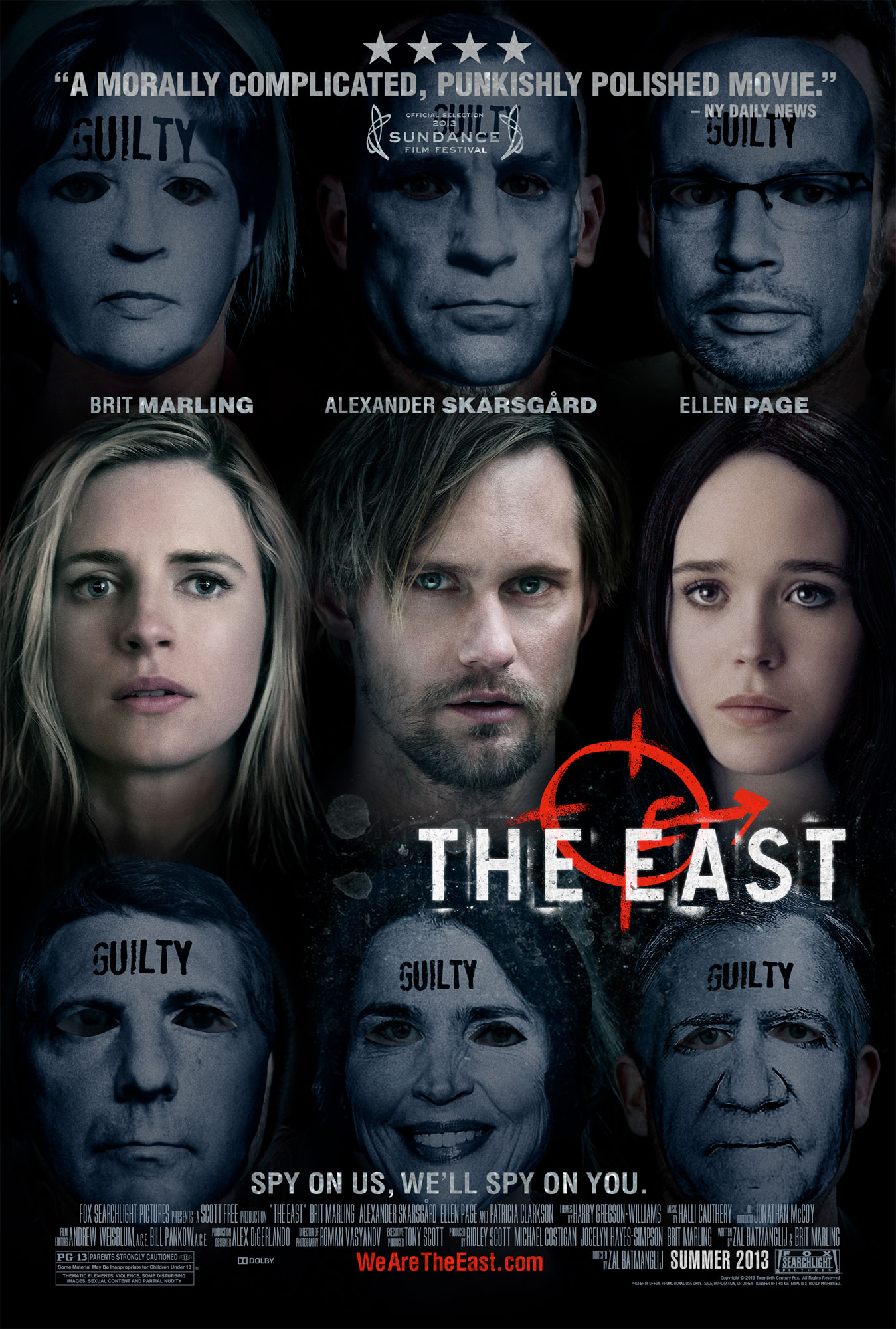
In thinking about what it is that the Occupy movement has been and continues to be a response to, it seems that alienation from Nature and a sense of powerlessness within the political system are two of the main characteristics of modern society that Occupy aims to confront. The principles and values expressed by Occupy Wall Street have an obvious overlap with the concerns of environmentalists and the movement has in various ways attempted to both circumvent and directly influence the political system. The desire of many people to reassert the value of Nature and reconnect with other human beings is arguably what attracted many to the Occupy movement, its message and its efforts.
The entertainment industry, as always, has attempted to capitalize on people’s desires by marketing the authenticity and community that many people seek. Film is an obvious medium through which people are offered the satisfaction of their desires, or at least the opportunity to vicariously live out their desires. Two popular films that have tapped into the sense of alienation and powerlessness experienced by today’s youth are Into the Wild and The East. The different responses to modern society presented in these two films demonstrate that the details of how to overcome alienation and powerlessness are far from obvious and help to illuminate why a movement such as Occupy Wall Street offers a viable path forward.
Into the Wild was a very popular drama (based on a true story) about a young man who rejected the exploitation and hypocrisy of modern society by turning his back on the world in the pursuit of individual salvation through a return to Nature. It is the story of a young man who studies the liberal arts, becomes disillusioned with the world, and seeks to escape what he sees by cultivating an individual authenticity far away from society’s expectations and hazards. His response to corruption is to avert his eyes and seek personal liberation, not ultimately from his knowledge of how bad things are, but from his physical connection to a fallen world. The young man has passed from what the Romantic poet William Blake described as the “state of innocence” into the “state of disillusionment” and allowed his cynicism and disgust to forsake the world, and all of the injustice that troubled him so much.
The response of some people, upon entering into the “state of disillusionment,” is to turn back and willingly embrace a false view of the world from within the “state of innocence” by pretending that everything is okay (happy consumers). Others remain in the “state of disillusionment” and conform to the crooked values of a crooked world figuring that they might as well get what they can how they can since the world is an ugly place (unhappy consumers). The response to alienation and powerless that Into the Wild presents is neither. Christopher McCandless, the young man who actually turned his back on civilization and ultimately starved to death in the Alaskan wilderness, did successfully rebel against modern society. The potential problem with his escape is that he overcame political powerlessness by forfeiting power altogether, and in the pursuit of personal self-discovery and authenticity turned his back on many meaningful relationships and forms of community.Viewers had a variety of reactions to McCandless’s story as captured by the non-fiction book by Jon Krakauer and the film by Sean Penn, some empathizing with the young man's search for meaning and rejection of society and others criticizing his sense of privilege and lack of perspective. The film communicates to the audience many of the objections to the world that Occupy expresses, but offers a response to the world that is ultimately self-serving and complicit in the perpetuation of the reality that is being rejected and evaded.
The East is a story about a group of young environmental anarchists who carry out planned actions of retaliation against pharmaceutical companies and the fossil fuel industry. For most members of the group the retaliations are personal, having been chosen based on events in their personal lives where a reckless and unethical corporation’s pursuit of profit resulted in unjustifiable harm to innocent people.
The film addresses both alienation from Nature and powerlessness by locating the group’s base in an abandoned house in the forest where they cultivate an ascetic, communal lifestyle and plan their retaliations against the corporate forces that have so corrupted the political system that peaceful and democratic accountability or reform, at least according to the group, have been rendered unfeasible. The environmental anarchists attempt to impose justice onto a system that they see as inherently corrupt and amoral as they create the type of community amongst themselves that they argue a consumer culture precludes. It is unclear in the film if their goal is to change the values of modern society or simply combat one existing set of values with an alternative set of values.
Unlike Into the Wild, the disillusioned youth in The East do not physically turn their backs on modern society. They actively confront the reality that they abhor, but they do so on personal and vindictive terms. Their version of community is ultimately an insulated, self-serving community whose particular motives detract from the universal articulation of its principles. Their actions can certainly be interpreted as violent and possibly even as acts of domestic terrorism. The members succumb to a different type of cynicism than McCandless in that they view political reform to be impossible, which results in their embrace of direct confrontation with the forces of exploitation, injustice, and corruption.While such a diagnosis of politics may be quite accurate and their cynicism warranted, the error of the group’s response to alienation and powerlessness is their embrace of violence absent any larger reform movement (which is not to say that violence would be justified under different circumstances). The film accurately captures many of the injustices of modern society and makes a compelling case for indignation and activism to confront such injustices, but the particular reaction portrayed in The East is not a viable path forward in the real world.
The overreaction by law enforcement and national security to the rise of Occupy Wall Street, the actions of WikiLeaks and the whistleblowers such as Edward Snowden, indicates that emulating the youth in The East would result in swift and harsh suppression, not to mention rejection by the mainstream media and the general public. Violence is unlikely to inspire a larger reform movement, and will most likely shrink whatever movement currently exists. While the film does not endorse the actions of the anarchists, it does present one possible reaction that today’s youth may find hypothetically as attractive as it is impractical.
What are today’s youth to do? Turn their backs on political problems and seek freedom in self-exploration or violently confront a broken political system and subsume their identity into a collective? Obviously, neither option is a good one, but these two films are examples of what today’s youth are being offered. For most viewers, films such as Into the Wild and The East are not seen as examples to emulate or guide-posts for choosing a direction in life. But film does impact popular culture and people’s views of specific issues confronting modern society. The individual who sympathizes with Into the Wild may stop paying attention to politics and focus more on maintaining personal contentment by doing things that make them feel better like camping, hiking, rock-climbing, etc. The individual who sympathizes with The East, assuming they do not join an eco-terrorist group, will harbor resentment towards a political system they see as beyond reform and most likely embrace a disillusioned “unhappy consumer” lifestyle.
The conclusion of The East communicates an alternative to violent retaliation by simultaneously endorsing the criticism offered by the environmental anarchists and rejecting their means of confronting an unjust reality. The film ends with the peaceful dissemination of information and reform as a way forward. Likewise, Into the Wild concludes with the recognition that true happiness requires other people and takes place within community.
As enjoyable as it may be to escape into the aesthetics of Into the Wild and The East and to imaginatively embrace their responses to alienation and powerlessness, neither seems to offer a realistic or viable way of constructively altering the reality that both films reject. The disillusioned youth should not turn their back on society or embrace violence. The disillusioned youth should not turn their back on community or sacrifice their individual autonomy. Today’s youth should engage in peaceful, organized resistance against the forces of exploitation, injustice, and corruption that are the sources of alienation and powerlessness with the intention of replacing the corporate (capitalist) values of modern society with the values of sustainability, interdependency, empathy, autonomy, community, humility, gratitude, and love.
Today’s youth should occupy rather than escape modern society.
3 WAYS TO SHOW YOUR SUPPORT
- Log in to post comments














